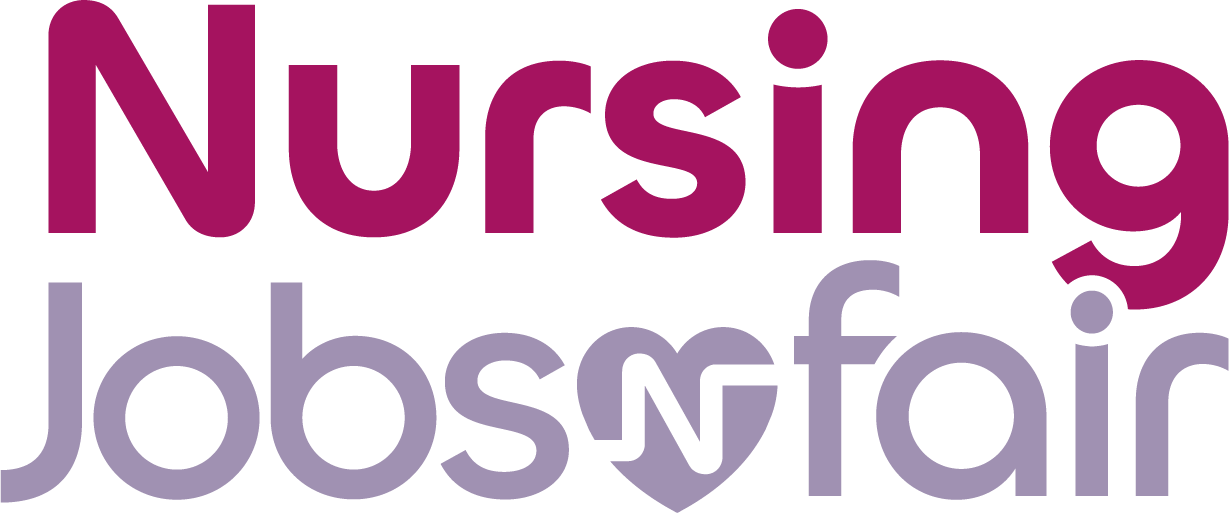At some stage in your interview for a nursing position, you are likely to be asked if you have any questions of your own for the interview panel. This is your opportunity to demonstrate your passion for nursing and your interest in this particular role, winning the interviewers over by showcasing your personality and professionalism. It helps, too, if you can throw in some background knowledge about the organisation and its values when framing your questions, to show off the research you’ve done into the role ahead of time.
Like every other question you might be asked in your interview, this is one that you can prepare for, too, to help present yourself in the best possible light. To help you out, we’ve put together a handy list of possible questions to ask in your interview when prompted to do so, as well as short explainers detailing why these work.
We’ve also put together a useful collection of tips to bear in mind when getting ready for an interview and a list of questions you are likely to be asked during your interview, and how to answer them, to make sure you’re ready to ace your interview and land your dream nursing gig!
What Does a Typical Day in This Role Look Like?
Interviewers know the score. They know that if you’re in the process of applying to new positions, you likely have up to a dozen applications on the back burner at any given time. They also know that in that situation it can be difficult to give each application and job interview your full attention and focus, as it may be one of a handful you’ve got scheduled in a given week.
That’s why it helps to show that you really are excited about THIS job, and THIS role. Mixing in organisation and role-specific details into your answers elsewhere helps to demonstrate your passion and interest, and that this isn’t just one job out of ten or twenty applications – this one matters to you.
When it comes to asking your own questions, questions such as this one help establish that in the mind of your interviewer. It shows you are gathering information and mentally preparing yourself for the unique challenges this role brings.
How Is Performance Measured?
This question works in a similar way. By presenting yourself as already beginning the process of mentally onboarding in your new role, you’re not only showing your determination to land the job but are again demonstrating that this is more than a throwaway interview for you.
More than that, it also shows you are thinking about your own conduct in the role and how you can fine-tune your approach to fit the needs of your new employers.
What Growth and Education Opportunities Are Offered to Nurses?
By demonstrating your ambitions, you’re showing the hiring manager that you’re not content to simply punch in and tread water in a job you have no passion for. Inquiring about opportunities for growth shows them that this is a career you are proactive and passionate about, and one that you’ll be positively engaged in.
Thinking about career advancement and skills growth means you’re not going to stagnate on their watch; you care enough about this job to want to better yourself and your prospects.
How Can I Best Prepare for This Role?
Once again, this is a question designed to show that you’ve already started the process of thinking about how best to acclimatise to your new job. As well as all the points made above about how this shows you’re taking the interview seriously and are looking to specialise your experience and skill set to meet the demands of the position, this also lets you show that you’re proactive and are putting the work in to make your transition as seamless as possible.
By asking this question you’re making the process of bringing you on board a two-way street, and you’re putting as much energy into this hiring process as they are (if that wasn’t already obvious enough).
What Skills Are Integral to Success in This Role?
This is, again, a chance for you to show how you’re preparing to fine-tune your abilities to match the needs of the role. It’s also, of course, very helpful for you ahead of time, as in the above performance-measurement question, to know how best to conduct yourself and ensure you’re excelling in your new job right from the moment your feet hit the ground.
What is Your Leadership Style?
As well as assessing your skills and experience, a nursing job interview is also attempting to assess your personality and if you’ll be a good fit with the team. Nobody wants a colleague that’s difficult to work with, and reassuring your future colleagues that you’re personable and a team player is paramount.
If they are interviewing you directly, then inquiring about your manager’s leadership style not only shows them that you are already thinking about ways to avoid disruption as you come into your new team, but are actively engaged in getting to know your fellow nurses even before work starts. This goes a long way to showing off your emotional intelligence and that you are putting time and energy into the human side of starting in a new workplace.
What Is the Culture Like Here?
Similarly, taking the time to gauge the culture of your new workplace helps you to prepare yourself for what to expect as you get to know your new colleagues. It once again also shows the interview panel that you are putting in the effort to come aboard and ingratiate yourself with your new colleagues and your workplace’s own idiosyncratic ways of doing things. It shows that you understand that no two jobs are the same and that you’re being proactive in preparing for the massive changes you’re about to undergo.
How Do You Like Working Here?
A simple question, but one that helps facilitate open dialogue between you and the interview panel. This builds off the last two questions’ emotional intelligence-based approaches and not only gives you a more general overview of the culture and working conditions of the workplace but lets you capitalise on the question by asking follow-ups, demonstrating to the hiring manager that you’re paying attention and are actively thinking about what you’re being told.
What Does Orientation and/or Training Involve Here?
This is another opportunity to show that you’re thinking ahead and mentally preparing yourself to get started. It helps you, of course, by hopefully offering a preview of what you can expect in your first days and weeks on the job, but by showing the interview panel the seriousness and earnestness with which you’re taking this application process you’re putting yourself up there as a serious contender for the position.
What Are the Next Steps in the Interview Process?
This is a purely logistical question, simply to supply you with important information about what’s coming next while giving you a natural transition out of the asking questions phase of the interview. You should generally leave this question until last, having already posed a handful of questions of your own.
Generally, an interview should conclude with the interviewer explaining the next steps in the process anyway, but if they haven’t, this is a good way to tee up the conclusion of the interview while continuing the sense of a back-and-forth dialogue.
Our Main Tips: Be Prepared and Listen!
The important thing to remember when asking your questions is to listen. There’s nothing more transparent than dully rattling off a series of questions in succession out of a sense of obligation, thus exposing to the interviewer that you’re simply doing it as a box-ticking episode. By all means, prepare ahead of time, even rehearse; just don’t make it sound like that’s what you’ve done. When the interviewer answers your question, listen. Comment on their response and, if something they’ve said warrants it, ask follow-up questions, or tie their answer into how you frame your next question.
Most of all, don’t ask questions the interviewer has already answered during the conversation to that point. Prepare five or six questions beforehand, so that if some get answered during the course of the interview you still have a reserve you can fall back on. You want to use your questions to open up a conversation, not appear like you haven’t been paying attention.
At the end of the day, remember that the interviewing panel is on your side. Nurses are in high demand all over the world, and the outcome that everybody in that interview room wants is for you to land this job and become a valued part of their care staff.
They’re not out to get you, and taking the time to ask them to repeat a question or collect yourself is always allowed. You’re in this for the same reason, providing excellent care to the people who need it most. This is just another small step in that process, one that, if you’ve come prepared, will hopefully end with you asking the most important question of all – “When do I start?”



 Previous Post
Previous Post 





